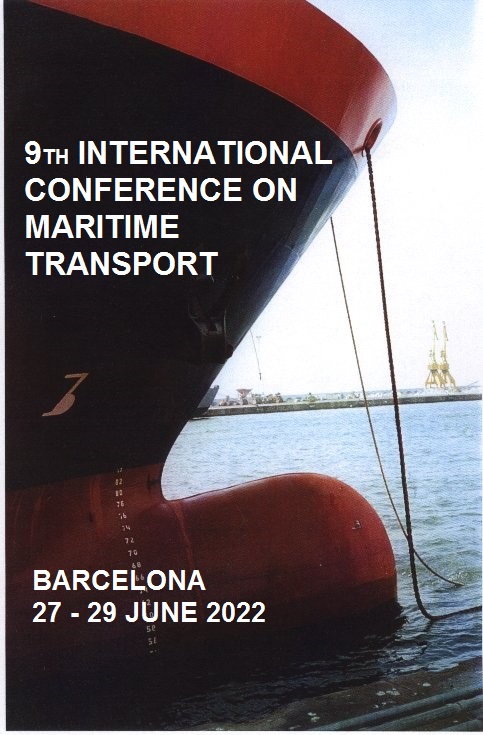The generosity with the reactive energy, avoids power blackouts of the electrical plants on board
None
DOI:
https://doi.org/10.5821/mt.11549Keywords:
Power Blackout, Reactive Power, Sincronous GensetsAbstract
In ships, the generation of energy is carried out by generator sets and short distances with a direct connection between generation and consumption.
Traditionally, a power plant is designed with efficiency criteria and for resistive loads, being able to not adequately supply the current higher than the nominal one that demands, during a few seconds the direct start of an electrical motor. Traditionally Power Factor is 0,8, for a better stability with modern electrical loads, electrical motor and electronic converters, should be 0,4 or less.
The usual on-board synchronous alternators, generate significant voltage drops in the event of 200% overloads, due to their internal reactance. This reactance is much higher than that of a transformer of the same power, which is why the starting current of an electric motor with half the power of the alternator, generates a much larger voltage dip than when it is powered by a transformer in a network of infinite power.
Our terrestrial formation tends to assume the voltage stability, associated with the power supply, with transformers and to ignore the internal voltage drop of the generator, associated with the reactive energy demanded by inductive loads or rotating electrical machines.
The internal voltage drop of the alternator due to an overload can be compensated with the (AVR) system, which acts on the excitation of the alternator, increasing its electromotive force (e.m.f.). It has a reaction time of about 100 ms, which significantly reduces the motor's starting performance, lengthening its acceleration transient.
A more powerful alternator, with a lower internal reactance, is the best solution to reduce voltage dips. It does not significantly penalize friction because it has very high efficiency. Economically, this oversizing is cheaper than doing it on the Diesel.
This paper, based in the PhD works of Mr Antonio Herrero Sabat, entitled “Contributions to the Stability of Marine Power Generation Plants, with Flywheels “, pending defence in (FNB-UPC).














